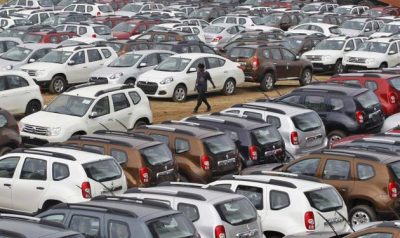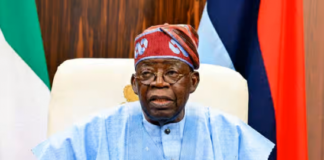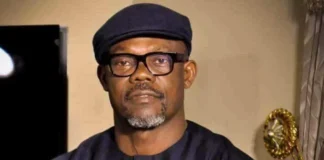Automobile dealers in Nigeria are currently facing most difficult moments in the trade as the Nigeria Customs Service (NCS) begins a major clampdown on car dealers in search of smuggled vehicles.
Newsheadline247 understands that The NCS has begun the clampdown on car marts across the country, particularly in Lagos, Katsina, Kaduna and Sokoto states.
Information gathered showed many dealers are worried that their business had been impeded for days with the NCS latest moves.
The auto dealers also claimed that officials of the NCS were not ready to listen to them as they were only advised to wait for further directive from the headquarters.
They are alarmed that the nation’s $8 billion automobile industry is being seriously threatened by the action of the NCS. They are afraid of a possible rise in the prices of automobiles in the domestic market.
In the wake of the clampdown on car marts by the NCS, The Guardian reports that many car dealers around Ikeja, Obanikoro, Surulere, Iyana Ipaja, Mile Two, and Igando, all in Lagos; and Sango, Ota, and Ibafo in Ogun State, among others, have moved their vehicles away from their marts in fear of possible raid by the customs. A few courageous dealers are taking advantage of the situation to hike prices as competition shrinks.
The Guardian quoted the spokesman of the NCS, Joseph Attah, a deputy comptroller, saying that the move against smuggled vehicles was a nationwide action. He said the agency had the right to shut the premises of anyone found to be dealing in smuggled goods, as stipulated in the law guiding its operations.
“The customs is performing its official duty, and that is the action we are taking across the country now. The management will review the situation and take appropriate action before the weekend, and I will duly communicate that. When we sort the vehicles, we will release the ones that have duty,” Attah said.
Read Also Do businesses that South Africans will accept, Buhari tells Nigerians
The Federal Government had banned the importation of vehicles through land borders and slammed a 70 per cent duty on those imported through the seaports.
Smuggling, grey import of second-hand vehicles, and lack of reliable data make the exact size of Nigeria’s vehicle market and fleet difficult to determine, even as Vice President Yemi Osinbajo had earlier estimated that Nigerians spent about $8 billion yearly on the importation of vehicles.
“About $8 billion goes to overseas for the importation of vehicles while Nigerians are suffering. Also, most of the used vehicles imported are unsafe and not good for the citizens,” he said.
The Export.gov, in a statistical report released in August 2019, estimated the total market size of Nigeria’s automobile industry at $1.32 billion in 2019.
According to the report, the market size grew from $686.7 million in 2016, to 867.7 million in 2018, and further to $1 billion in 2018, and $1.32 billion in 2019. While local production is valued at $200 million in 2019, the total import is estimated at $1.1 billion.
The country’s current vehicle size is estimated to be 11.7 million, but due to insufficient domestic production, Nigeria is highly dependent on imports to meet local demand. Anxiety now grips automobile dealers across the country not only due to the clampdown by customs officers but the planned review of the nation’s auto policy by the Federal Government as well as the overhaul of the sector to boost revenue generation.















